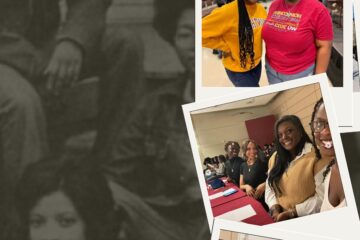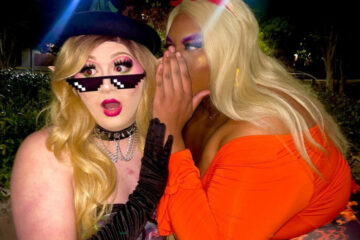Easter, which originates from Christianity, signifies the resurrection of Jesus. Celebrations for this holiday vary across cultures.
Easter is a widespread holiday originating from Christianity which signifies the resurrection of Jesus. In Western Christianity, this holiday is preceded by Lent, a forty day period of fasting, prayer and penance, which begins on Ash Wednesday. In Eastern Christianity, Easter is preceded by Great Lent, which starts on Clean Monday and lasts for 40 continuous days, including Sundays.
Easter customs vary around the world, including traditions such as sunrise services, clipping the church and the Paschal greeting. One common Easter celebration in the United States is the decoration of Easter eggs.
The egg is a symbol of new life and rebirth, and in Christianity, it became associated with Jesus’ crucifixion and resurrection. This tradition originated from the early Christian community of Mesopotamia, who dyed eggs red as a symbol for the blood of Christ. This tradition came to symbolize the empty tomb of Christ.
Additionally, some Orthodox churches have a tradition of refraining from eating eggs during the fast of Lent. The only way to keep the eggs was to boil or roast them and eat them to break the fast. As a special dish, the eggs may have been colored.
Easter eggs symbolize new life in the folk traditions of Poland and other Slavic countries as well. A decorating process known as pisanka produces colorful and intricate eggs through a variety of methods such as painting eggs, boiling eggs with plants or natural products or decorating eggs with yarn.
At Winthrop, some students have their own Easter traditions that they carry out with their families.
Philip Nelson, a freshman computer science major, says “my family goes to a sunrise service at different churches in our community, then we go to our church’s normal service. After that, we go to my grandmother’s house and eat lunch.”
Katie Saunders, a senior early childhood education major, says her family has an Easter tradition of dying eggs the night before. “We wake up and have Easter baskets on the table. (Yes, we’re old but who cares!) Then my family goes to church, then does a real Easter egg hunt from the eggs we dyed the night before!”
While some families usually have big celebrations, others enjoy simple and small get-togethers.
“For Easter, my family always has a big lunch after church.” said Haley Whitman, a freshman psychology major.
“My family and I always go to church on Easter Sunday. Afterwards, we have lunch with my grandparents and just spend time together” said freshman psychology major Jenni Elder.
Also associated with Easter is the folkloric figure of the Easter Bunny, which originated among German Lutherans. The “Easter Hare” was responsible for deciding whether children had been behaving well or poorly since the start of the Easter celebrations, making it analogous to figures such as Santa Claus or the Christkind. In this legend, the Easter Hare brings colored eggs, candy and sometimes even toys to the houses of children.
Easter celebrations vary across all cultures, but the way that each individual decides to celebrate it is what makes it special.




